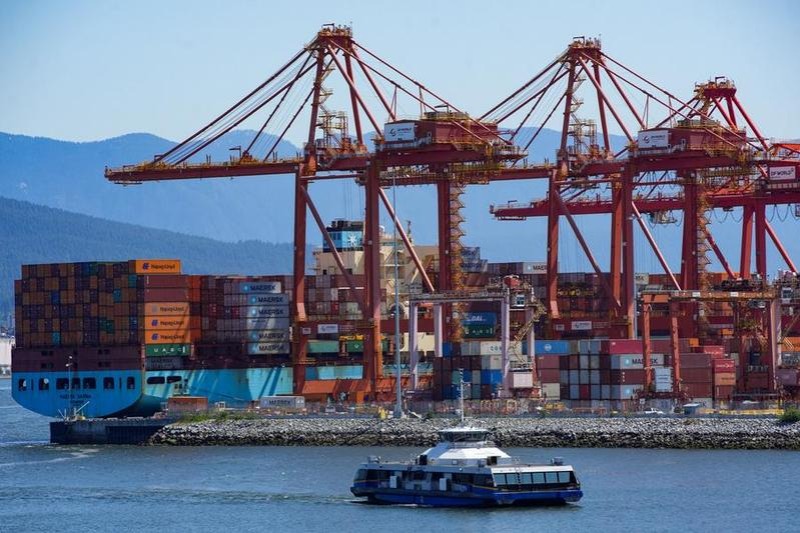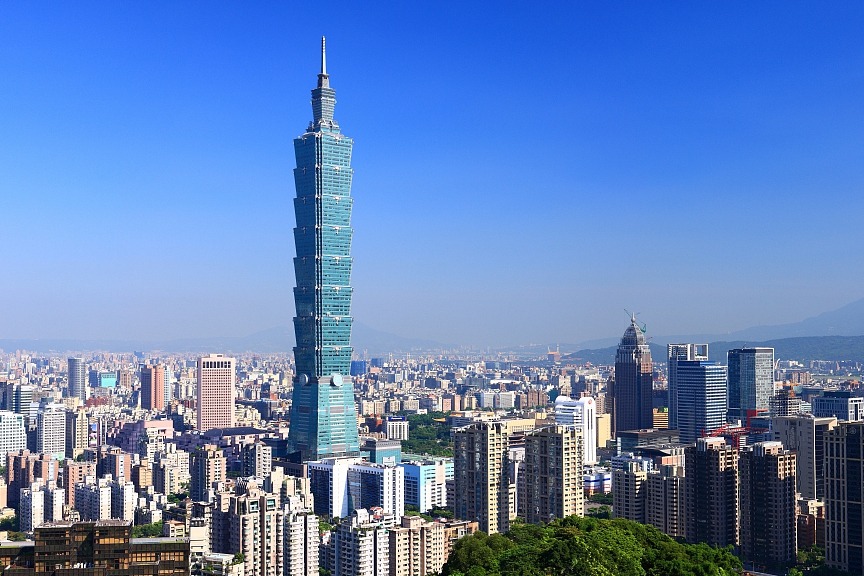Decades of change: Let the past serve the present

Western perceptions
Western perceptions of China are bound by a series of misconceptions and prejudices that when combined, form the basic framework through which the events and changes occurring within China are misinterpreted. Chinese leaders have occasionally referred to this as "seeing the world through tinted glasses," an observation that is so accurate. Unfortunately, this Western framework is not easy to dismantle, as it stems from centuries of misleading information and an entrenched mindset formed by a self-righteous Christian religiosity and colonial supremacy.
Misperceptions of China began to be formed 800 years ago when the Mongolian hordes tore across the Siberian plains, through what is today Russia and Eastern Europe. This, historically, was the West's first real encounter with the East. The Mongolian invasion left in its wake wasted cities and populations—the hit-and-run strategy of conquest adopted by what was basically a nomadic people. The Mongolian conquest stunned Europe; the Mongolians seemed ruthless, unstoppable and undefeatable. Actually, they were strategically ingenious and open to absorbing the best of every culture that they conquered.
When the Mongolian threat subsided, Europe breathed, and feudalism continued. The dark ages, however, began to brighten when, in times of peace, Marco Polo visited Kublai Khan, and brought back with him the refinements of culture which had already become an accepted basis of life in China, but remained unheard of in Europe. With culture he brought new technology: gunpowder. It was the European exploitation of the potential of this single item – gunpowder -- which catapulted Europe out of its own self-imprisoning armor.
Four centuries later, the Europeans, having perfected the application of gunpowder, would venture to the gates of China. Their military technology would for the first time in history be superior to what the East had to offer. For the Europeans, this meant a new basis for confrontation -- the scales would be tipped in favor of the West. The memory and mystery of the Mongolian hordes, however, would remain unchanged.
By this time, the Manchurians, not the Mongolians, ruled China.
Like their predecessors, however, they absorbed Chinese culture, or rather, they were absorbed into it. The China that the West "discovered" was a world of refinement and culture consistent with the marvels that inspired Marco Polo. Coveted by the West, these refinements became a target for possession.
As their mindset remained unchanged, the Europeans justified their actions through religious dogma and feelings of superiority. The missionaries saw a vast population of "heathens" to convert; the politicians encouraged and gave full support to this view as it suited perfectly their objectives of economic colonization of the East. With the growth of Western industrialization, the West was looking for new markets into which it could expand and eventually control.
Whether its philosophy was based on religious dogma and the alleged mission of religious conversion, or on a new political dogma and a mission of political conversion, or both, the West consistently rationalized its actions in China throughout the 1800s and into the 1900s. Although the veneer might change, the mindset stays the same. The perpetuation of old myths from a Mongolian China served to provide a basis for Western governments to justify their attempts to manipulate and control China politically with the objective of extracting from China as much as possible economically.
It is China's objective to develop its economy and raise the standard of living of its own people. With 40 years of experience, mistakes and successes drawn from experience, China also wishes to share its knowledge with other developing countries and offer the infrastructure needed to achieve development. This is something that should be in line with Western values. However, policymakers in Washington reject China's rise with an almost autistic knee-jerk reaction.
When covering China, the focus of the Western media is on the odd situation, the extreme occurrence, and mainstream thought or activity is not reported on. There is nothing new about blinkered reporting on China. Author Sterling Seagrave in his biography of the Empress Dowager Ci Xi described the tenor of China's reporting at the end of the Qing Dynasty as follows:
Little historical background was understood by Westerners in China, who were dependent upon what they could learn from Treaty Port compradors or hired interpreters, who were themselves ill-informed and far from disinterested. Such people filled in the gaps in their knowledge with colorful inventions, because it was important to seem to know what was going on. Over drinks at the Long Bar in Shanghai or gossiping at the new racetrack, they mingled misinformation and supposition and passed it on by letter, diary, memoir, travelogue, diplomatic report and journalism to the far concerns of the earth, where it was accepted as fact.
While there is nothing wrong with reporting negative events in China, to simply focus exclusively on them does not help Westerners coming to China, or their governments, to usefully comprehend those events and to place the economic, social and political transitions occurring there today in their correct context. One observation which has been repeatedly made by Singapore's late senior minister Lee Kuan Yew cannot be ignored in this regard. It is that the developed countries have a mutual vested interest in retarding China's economic growth for fear that China will become the next economic superpower, a new economy of 1.3 billion people.
If one chooses to adopt Lee Kuan Yew's analysis, then it would seem (or at least the conclusion could be drawn) that the kind of statements which have become a predominant media trend have the effect of serving the political ends of countries wishing to contain China's economic growth and eventual coming of age as a world power.


































